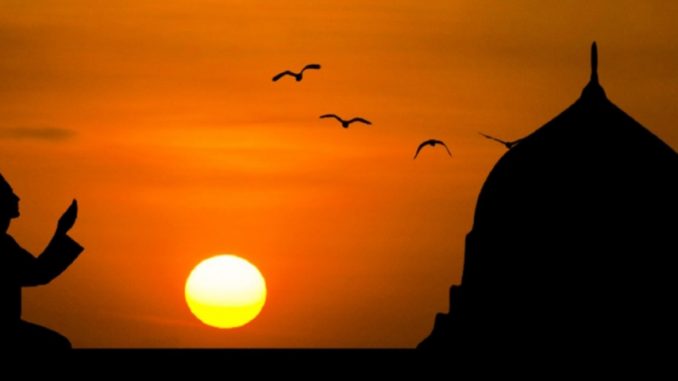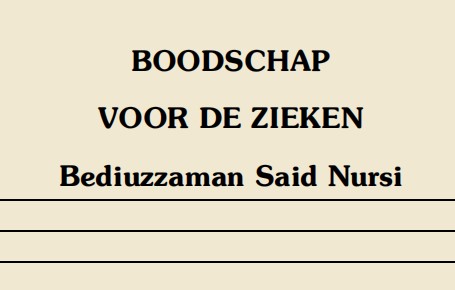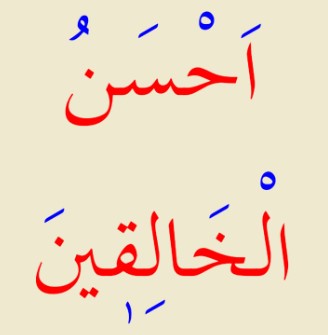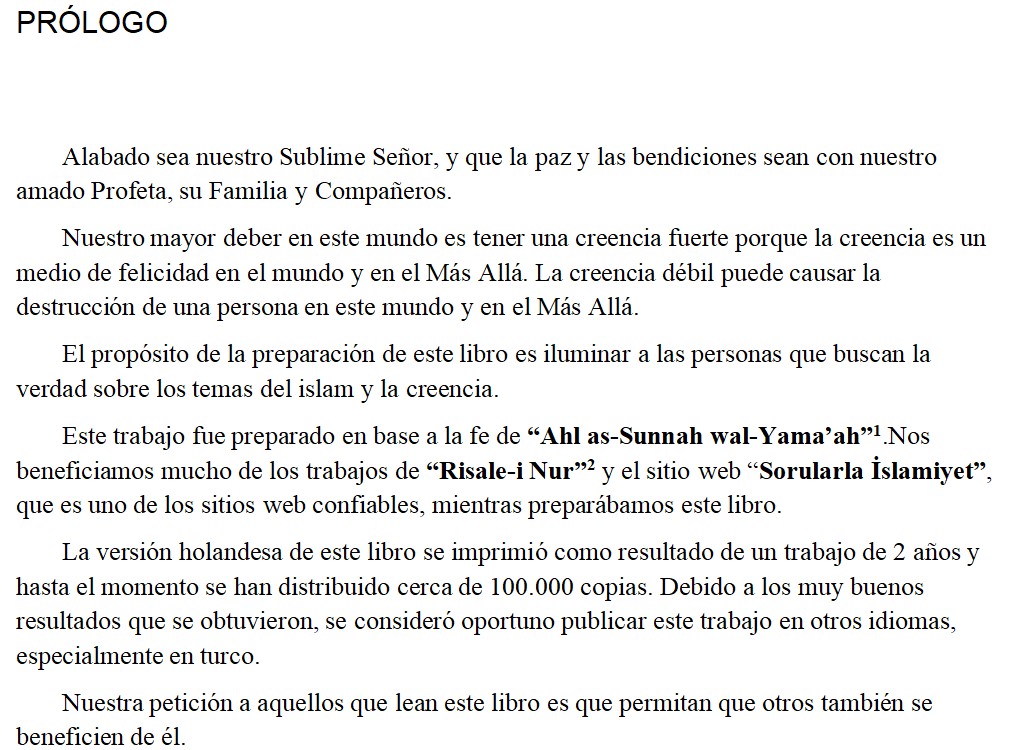
Impotence and Poverty
The shortest definition of impotence can be expressed as follows: It is being powerless to protect oneself from material and spiritual beings and events that cause pain and suffering. Since human beings are created with the ability to relate to everything, they are capable of receiving pain and flavour from everything. Poverty, on the other hand, is the inability of human beings to provide for the needs ranging from the smallest worldly need to the eternal paradise life. These attributes of impotence and poverty, which are repeatedly emphasized in the Collection, are the two main causes of suffering in the human world, but when they are made instrumental to knowledge of Allah, they become the cause of bliss and virtue.
“To understand through your impotence and weakness, your poverty and need, the degrees of divine power and dominical riches. Just as the pleasure and degrees and varieties of food are understood through the degrees of hunger and the sorts of need, so you should understand the degrees of the infinite divine power and riches through your infinite impotence and poverty.” (The Words - 143)
“As the darkness of the night shows up light, so through his weakness and impotence, his poverty and need, his defects and faults, man makes known the power, strength, riches, and mercy of an All-Powerful One of Glory, and so on; he acts as a mirror to numerous divine attributes in this way. Even, since he searches for a source of support in his infinite impotence and boundless weakness in the face of his innumerable enemies, his conscience perpetually looks to the Necessarily Existent One.” (The Words - 740)
“This is to perceive through his own absolute impotence the absolute power of his Creator and its levels, and through the degrees of his impotence, the degrees of His power. It is to understand through his own absolute poverty, His mercy and the degrees of His mercy, and through his weakness, His strength; and so on. It is to be a mirror and measuring instrument for his Creator's attributes of perfection through his own defective attributes. Just as darkness is a perfect mirror for displaying electric light, the brilliance of the light being proportionate to the darkness of the night, so man acts as a mirror to the divine perfections through his own defective attributes.” (The Flashes - 451)
“For the weakest and most powerless of animals are the young. But then it is they who receive the sweetest and most beautiful manifestation of mercy. The powerlessness of a young bird in the nest at the top of a tree attracts the manifestation of mercy to employ its mother like an obedient soldier. Its mother flies all around and brings it its food. When with its wings growing strong the nestling forgets its impotence, its mother tells it to go and find its own food, and no longer listens to it. Just as this mystery of mercy is in force for the young, so is it in force for the elderly, who resemble young in regard to weakness and impotence.” (The Flashes - 300)
“O man! Since the reality of the matter is thus, give up egotism and arrogance. Proclaim your impotence and weakness at the divine court with the tongue of seeking help, and your poverty and need with the tongue of entreaty and supplication. Show that you are His slave. Say:

Allah is enough for us, for He is the Best Disposer of Affairs, (3:173) and rise in degree.” (The Words - 346)
“But beware, do not misunderstand this! It means to be aware of one's poverty before Allah and to beseech Him, not to parade poverty before the people and assume the air of a beggar.” (The Words - 43)
“the line of prophethood considered in the manner of a worshipper that the aim of humanity and duty of human beings is to be moulded by Allah-given ethics and good character, and, by knowing their impotence to seek refuge with divine power, by seeing their weakness to rely on divine strength, by realizing their poverty to trust in divine mercy, by perceiving their need to seek help from divine riches, by seeing their faults to ask for pardon through divine forgiveness, and by realizing their deficiency to be glorifiers of divine perfection.” (The Words - 577)
Ustad Bediuzzaman is practicing this reality in his life as follows:
“Through Almighty Allah's grace, a personality is given me at the time of worship, when I am turned towards the Divine Court; this personality displays certain marks. These marks arise from "knowing one's faults, realizing one's want and impotence, and seeking refuge in utter humility at the Divine Court," which are the basis and meaning of worship. Through this personality, I know myself to be more wretched, powerless, wanting, and faulty than everyone. Should the whole world praise and applaud me, they could not make me believe that I am good or possess perfection of any sort.” (The Letters - 378)
“Now, O soul! In several of the Words we have proved decisively that your essential nature is kneaded out of fault, deficiency, poverty, and impotence, and like the relative degree of darkness and obscurity shows the brightness of light, with regard to opposites, you act as a mirror through them to the perfection, beauty, power, and mercy of the Beauteous Creator.” (The Words - 379)
Nur Way





